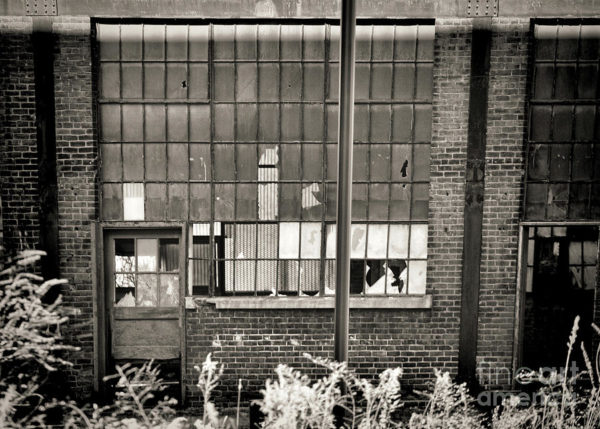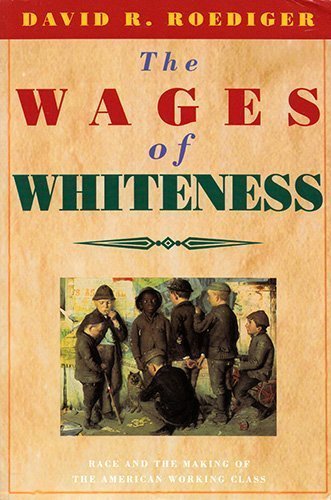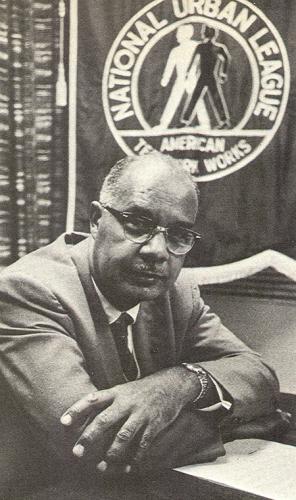
How Not to Tackle COVID-19: Butler’s Anticapitalism
By contrast, the wonderful thing about a socialist perspective is that it doesn’t ask you to show your ID papers, to demonstrate your worthiness, to haul out the testimony of ancestors—or even for that matter to account for proximate causes (like whether you smoke or eat pork or drink alcohol and soft drinks). Socialism doesn’t care how you got those comorbidity factors (diabetes, a heart condition, hypertension, etc.) that play an outsized role in the current health crisis. You’re going to get the healthcare you need because everyone is going to get it.













